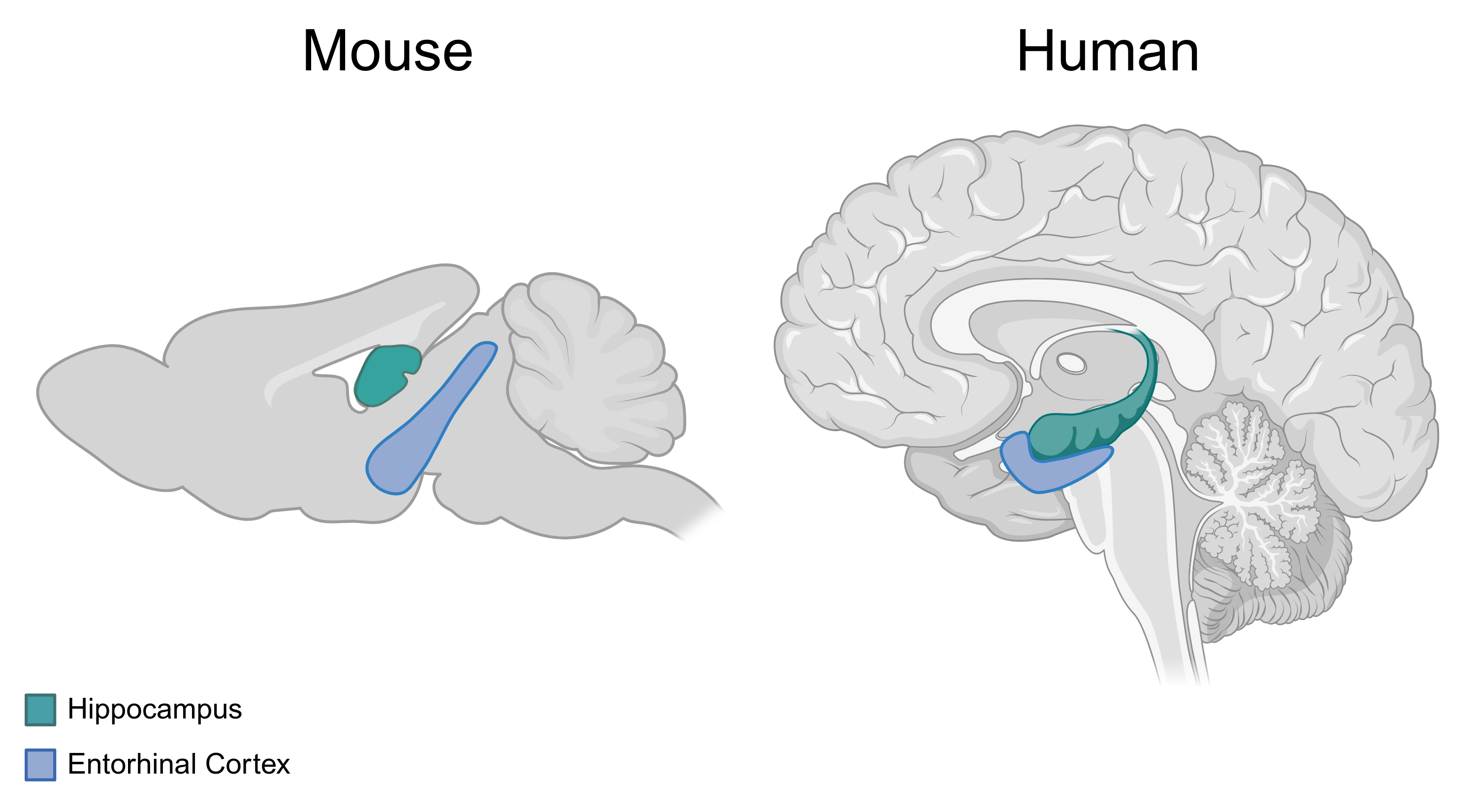Wolf De Wulf
PhD Student

Informatics Forum
10 Crichton Street
Edinburgh EH8 9AB
Hi, my name is Wolf De Wulf and I am a computer scientist from Brussels.
I studied artificial intelligence (AI) at the Vrije Universiteit Brussel, and I am currently researching AI in biomedical contexts, as part of the 2022 cohort of the UKRI CDT in Biomedical AI at the University of Edinburgh.
I am interested in how circuits of neurons interact to form intelligence, I believe it a fundamental aspect of both neuroscience and artificial intelligence (AI) research. On the one hand, understanding the neural codes behind a particular behaviour facilitates the development of treatments for conditions related to that behaviour. On the other, it can yield inspiration towards novel AI models that mimic the brain.
I am currently pursuing a PhD in computational neuroscience, jointly supervised by Matthias Hennig and Matthew Nolan. We are trying to understand spatial memory and computation, which is thought to originate the hippocampal formation. We analyse electrophysiological recordings from mice as a substitute for humans:

We look specifically at the medial entorhinal cortex (MEC). The MEC has traditionally been thought of as containing various types of functionally defined neurons, whose activity correlates with variables such as position, speed, head direction, and more (Moser et al., 2015). In recent years, this model of the MEC has been amassing counter-evidence. It seems that the activity of MEC neurons is much more heterogeneous than previously thought, with findings of neurons correlated to various mixes of these positional variables and surprising differences across tasks (Hardcastle et al., 2017). These findings suggest that we should re-evaluate the way we think of the neural spatial code in the MEC (Brette, 2019):
- Are functionally discrete neuron types the building blocks of our cognitive map?
- Are they an epiphenomenon of global circuit computation?
- Is it reasonable to link neuron activity to human-intuitive variables such as position and speed?
- Should we stop trying to interpret single neuron activity and look at the population code to understand computation?
These are just a subset of the many questions I am thinking about in my current project.
News
| Feb 6, 2024 | I got a NeuroAI intern position in the Albeanu Lab at Cold Spring Harbor Laboratory, New York! From June to the end of August I’ll be investigating predictive coding in the mouse olfactory bulb. |
|---|---|
| Dec 6, 2023 | Reregistered for the Edinburgh Marathon! |
| Nov 3, 2023 | Our group got third place at the 2023 Sensorium competition @NEURIPS! |
| Jun 2, 2023 | Got a new preprint out on Knowledge Graph Embeddings, check it out on arXiv! |